Dyslexia 101 [presentation]
In this presentation from the Palo Alto Unified School District’s Family Leadership Summit, CHC’s Lisa Parnello builds a basic understanding of dyslexia: what it is, how it presents, and the type of instruction that benefits students with language-based learning differences. Read more ›
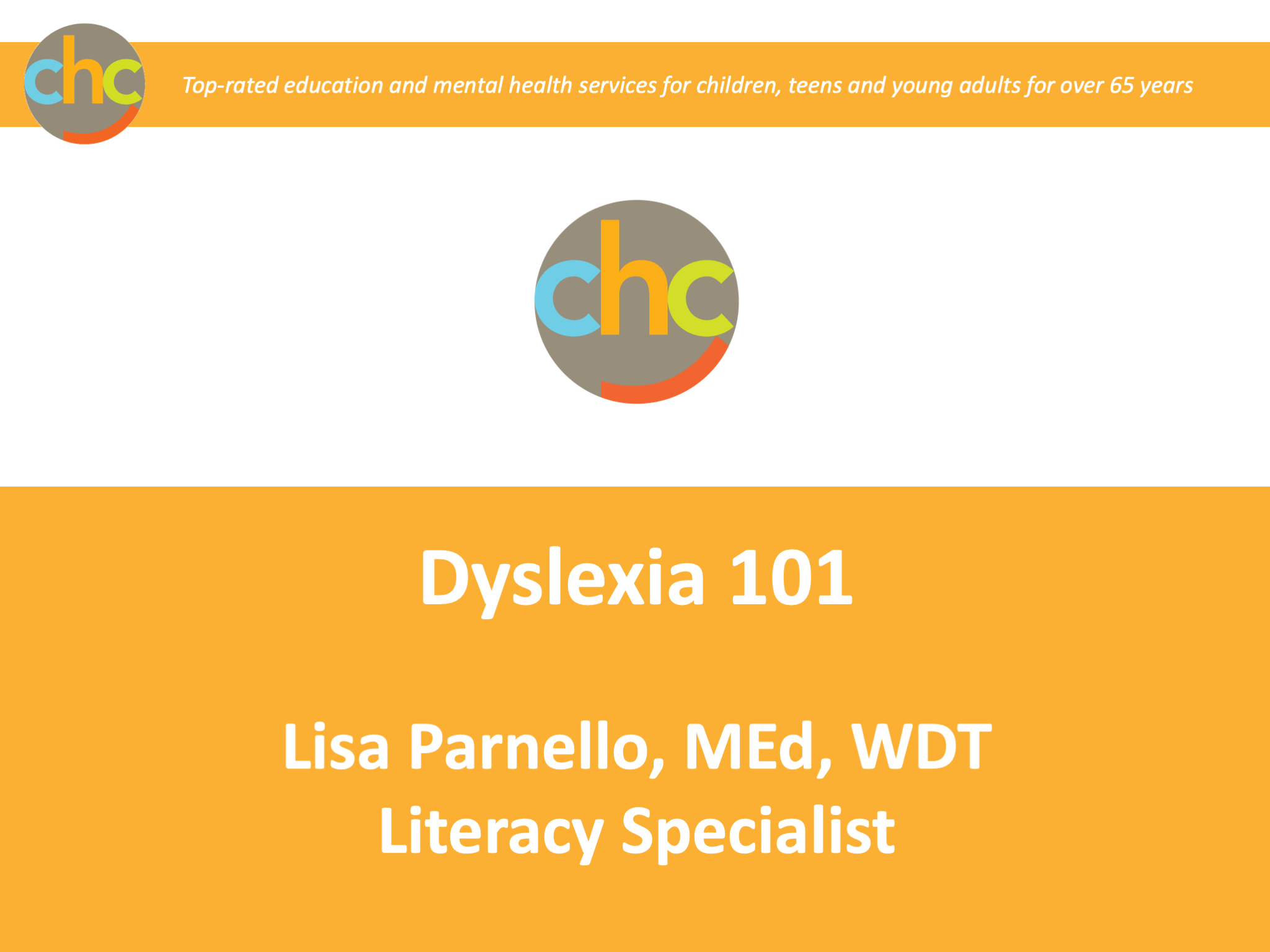
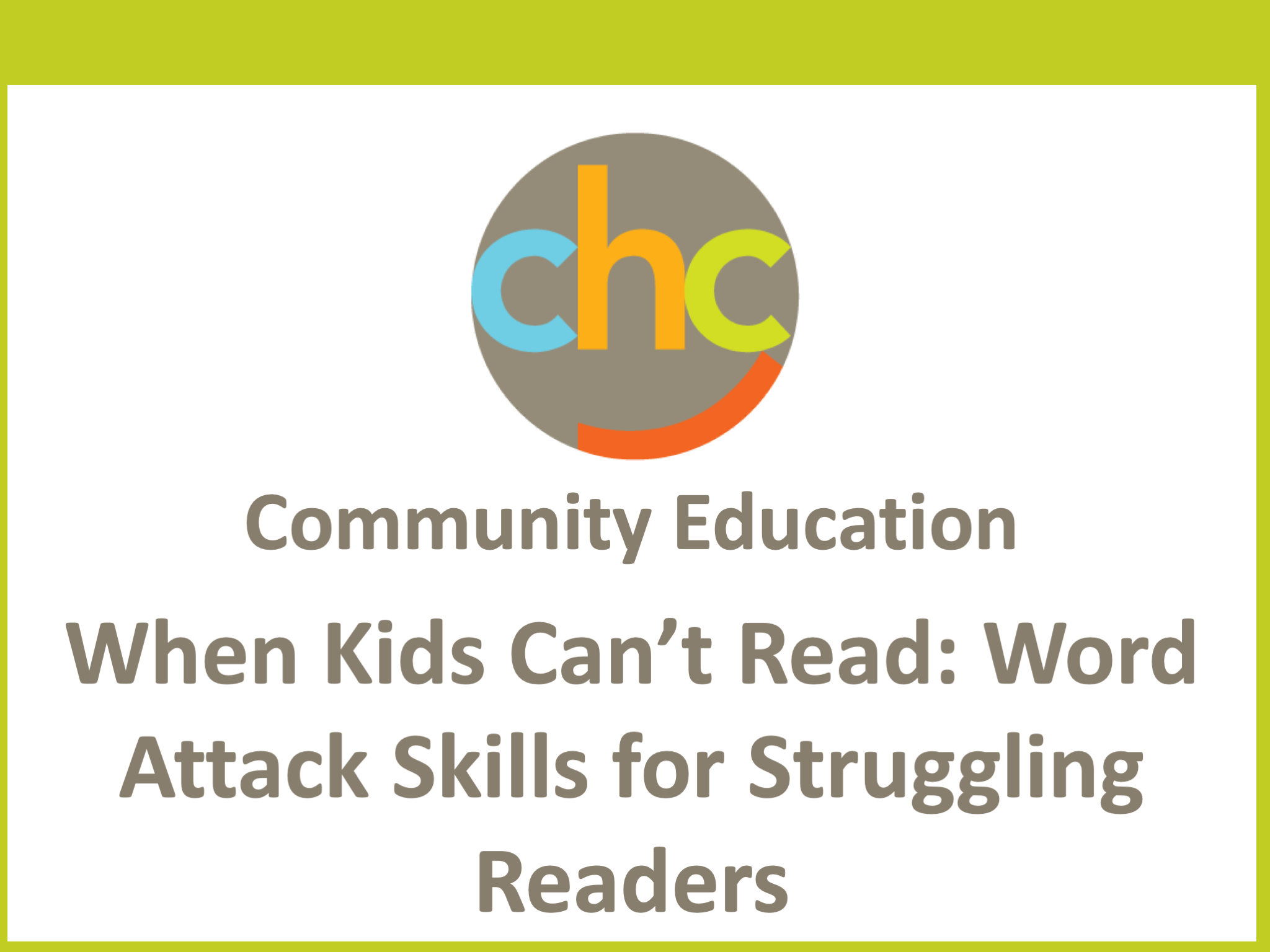
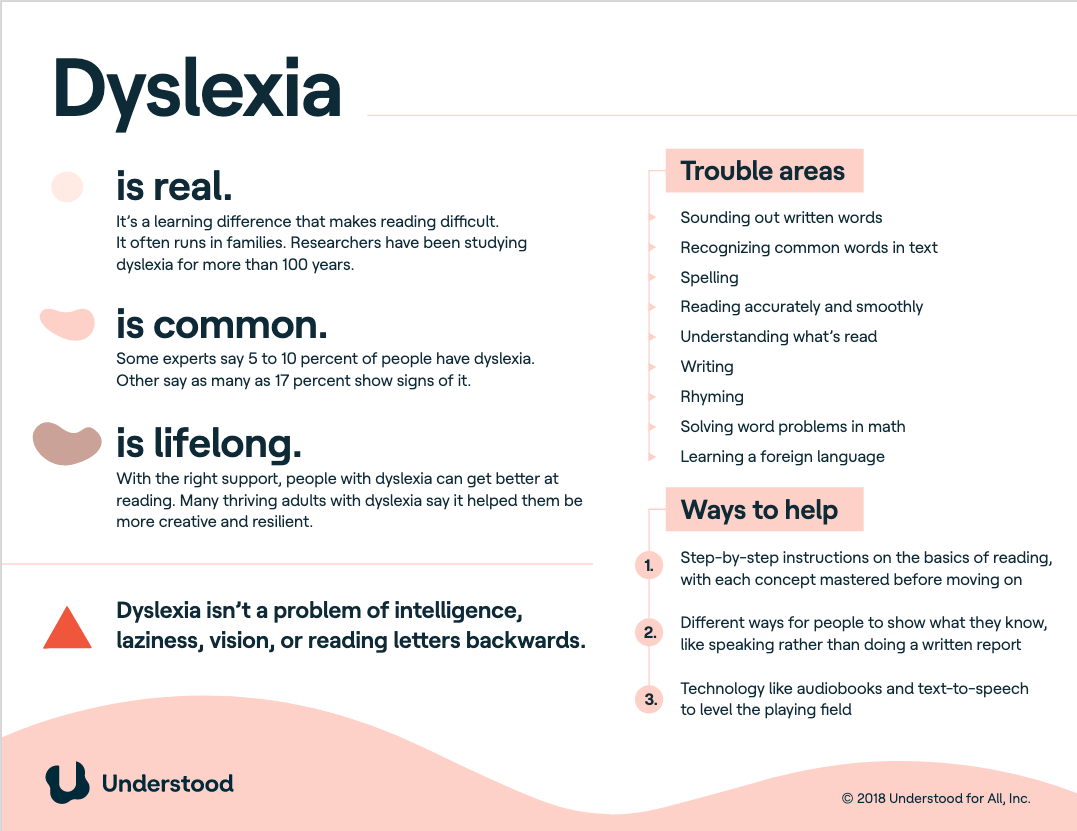
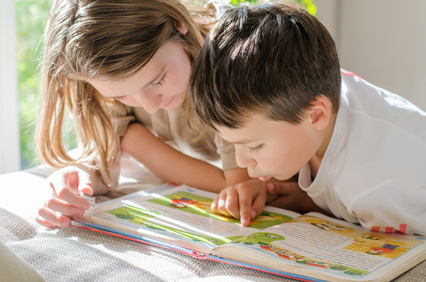
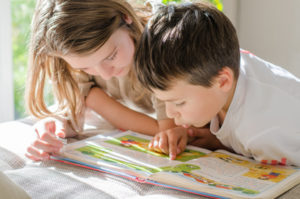 Top Picks
Top Picks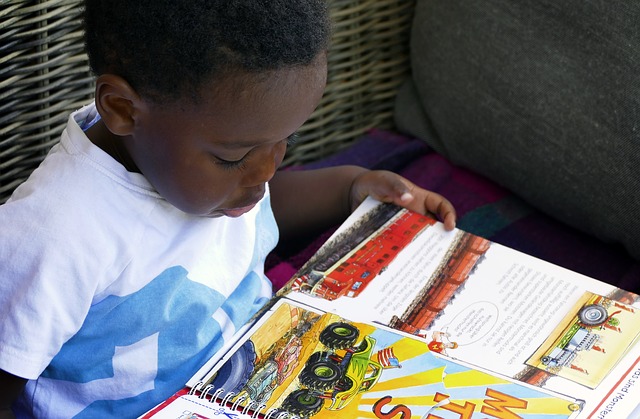
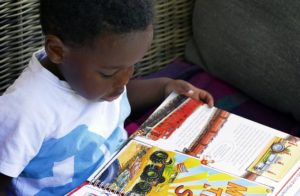 Learning begins in the womb. And, from the moment they are born, children begin interacting with the world around them and building critical skills. What they learn in their first few years of life—and how they learn it—can have long-lasting effects on their health and on their later success in school and in work.
Learning begins in the womb. And, from the moment they are born, children begin interacting with the world around them and building critical skills. What they learn in their first few years of life—and how they learn it—can have long-lasting effects on their health and on their later success in school and in work.
 The term “learning and attention issues” covers a wide range of challenges kids may face in school, at home and in the community. It includes all children who are struggling — whether their issues have been formally identified or not. Learning and attention issues are brain-based difficulties, and they often run in families.
The term “learning and attention issues” covers a wide range of challenges kids may face in school, at home and in the community. It includes all children who are struggling — whether their issues have been formally identified or not. Learning and attention issues are brain-based difficulties, and they often run in families. 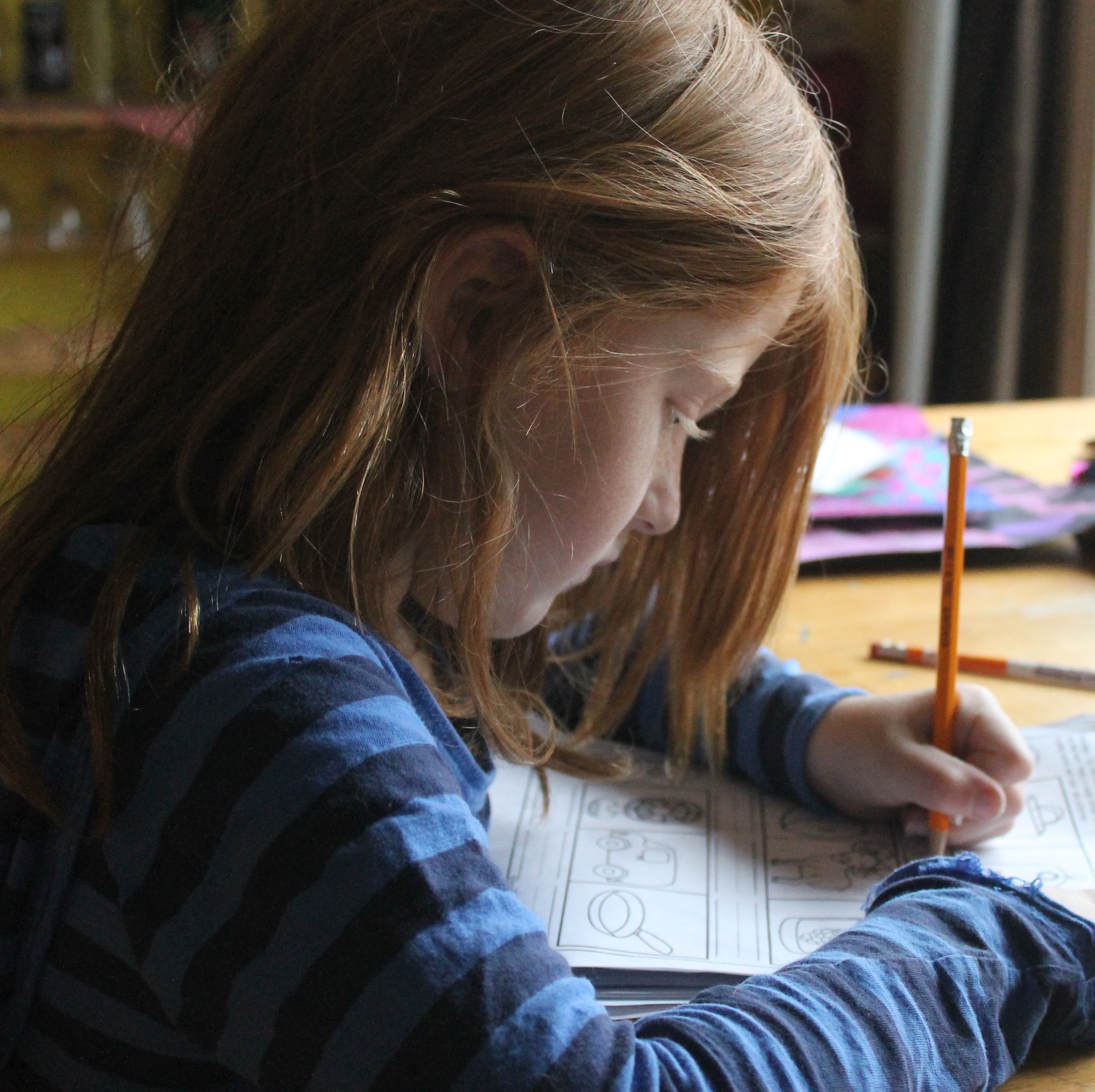
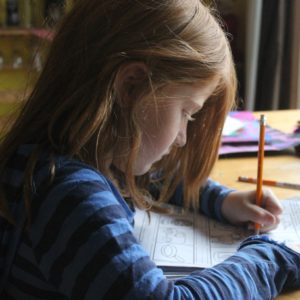 Dyslexia is a complex language problem. It involves not being able to break down a word into the sounds that make it up, as well as not being able to think or write about the sounds in a word. Research from the National Institutes of Health has shown that dyslexia affects 5–10 percent of the U.S. population, with estimates as high as 17 percent.
Dyslexia is a complex language problem. It involves not being able to break down a word into the sounds that make it up, as well as not being able to think or write about the sounds in a word. Research from the National Institutes of Health has shown that dyslexia affects 5–10 percent of the U.S. population, with estimates as high as 17 percent. 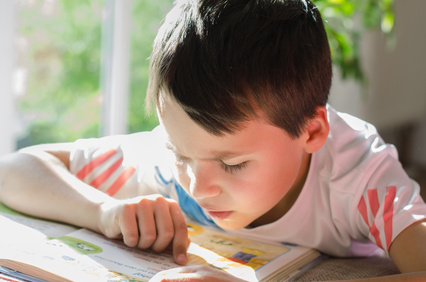
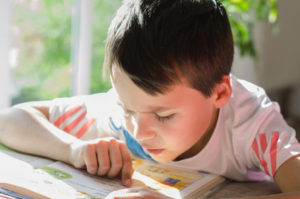 Dyslexia affects every instructional task a student will face in school. We are a language-based society with deeply rooted traditions that rely on reading and writing. One in five students has a language-based learning disability, the most common of those being dyslexia. Fortunately, there is a window of opportunity to tackle and remedy dyslexia at an early age.
Dyslexia affects every instructional task a student will face in school. We are a language-based society with deeply rooted traditions that rely on reading and writing. One in five students has a language-based learning disability, the most common of those being dyslexia. Fortunately, there is a window of opportunity to tackle and remedy dyslexia at an early age. 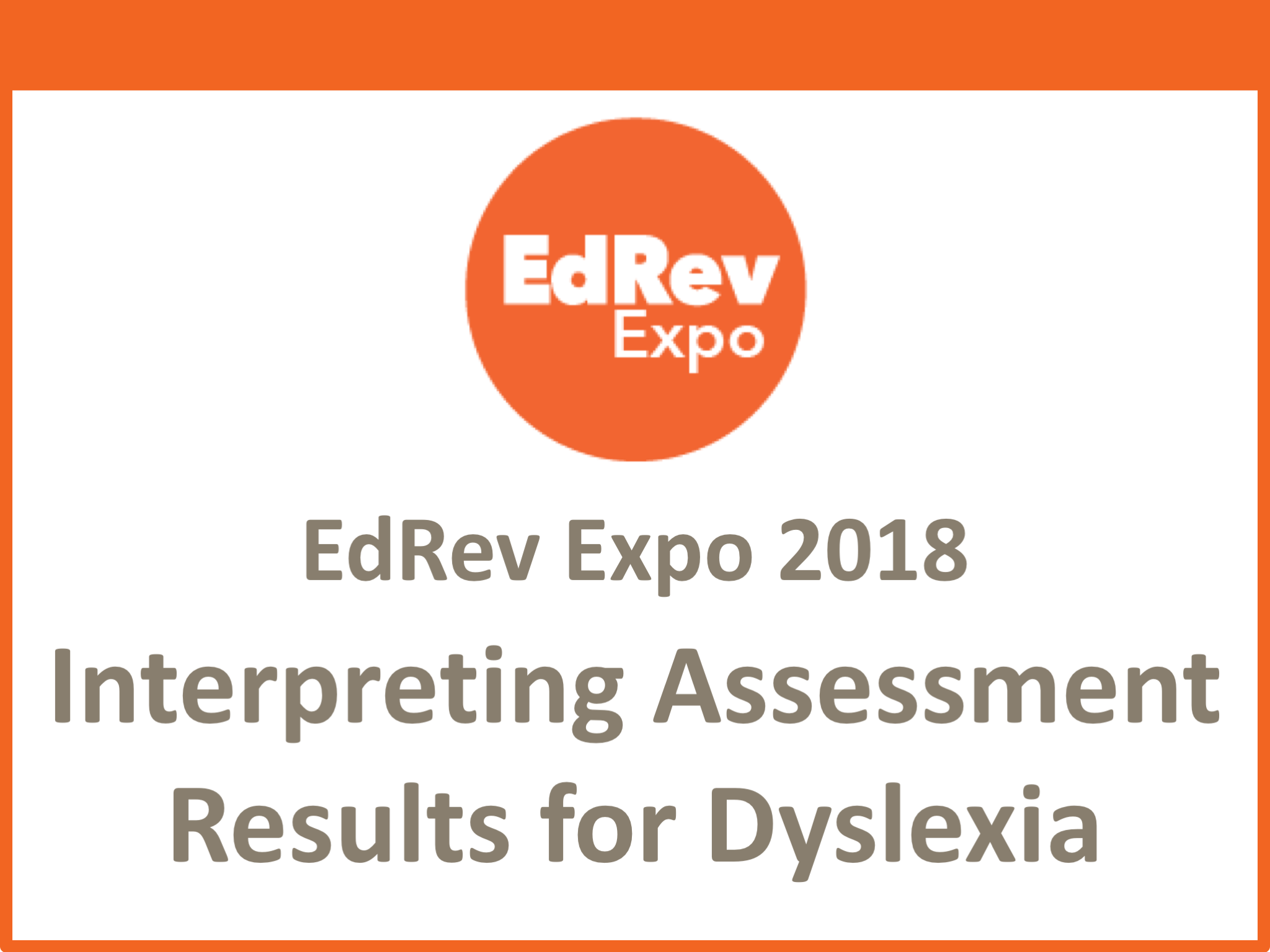

 The more curious the child, the more likely he or she may be to perform better in school — regardless of economic background — suggests
The more curious the child, the more likely he or she may be to perform better in school — regardless of economic background — suggests 

